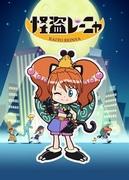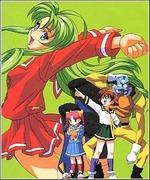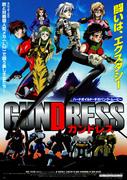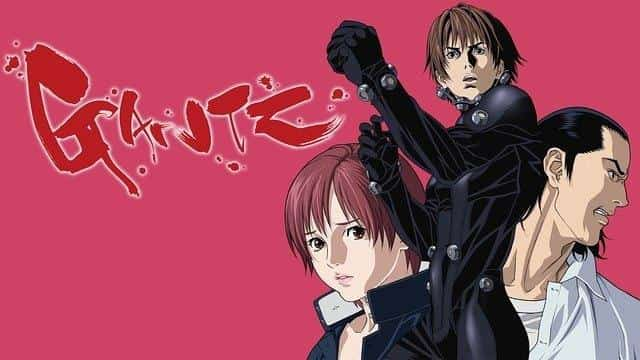Fan Bingbing and Li Chen’s breakup post went viral, and Sogou’s Wang Xiaochuan complained: What does it mean?
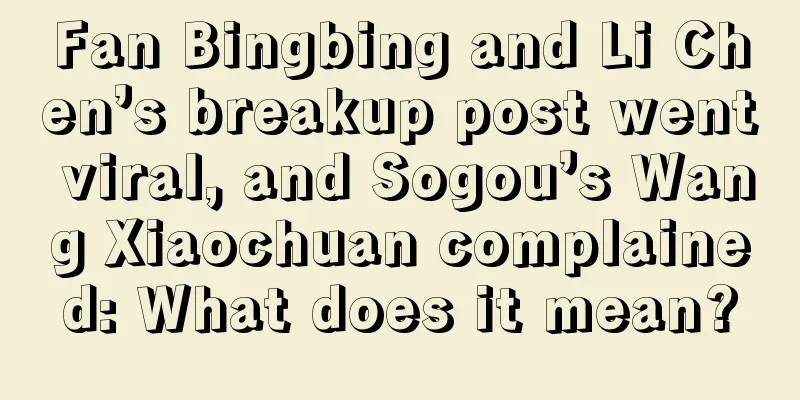
|
Late yesterday, Fan Bingbing and Li Chen announced their breakup, and the news caused Weibo to crash. The text of the two announcing their breakup, "We are no longer us, but we are still us," became a popular online phrase. In response, Sogou CEO Wang Xiaochuan joked on Weibo: AI Entrepreneur: Our latest AI robot can analyze Weibo content! It can truly understand semantics! Investor: Come, let’s analyze what this sentence means at random: “We are no longer us, but we are still us.” Are we really us? AI robot: . . . Some netizens said that this is called high-function, high-context content. If you give the context, or allow the AI to search by itself, it can be easily analyzed. Don't think that human language is so great. It's just that you don't understand linguistics. In addition, Squirrel AI founder @栗浩洋 commented on Wang Xiaochuan’s circle of friends: “We” is Cai Ding’e’s “we”. Lenovo Mobile's official Weibo account also cleverly used a "breakup copy": The more technology behind the Lenovo Z6 screen, the better the user experience. A good phone with a good screen, a consistent CP, we are still ourselves. |
<<: Sony and Square Enix team up to create Final Fantasy live-action TV series
Recommend
Assateer: Tales of the Future: A Combination of Captivating Storytelling and Visuals
Asateer Future Tales: A fusion of the future and ...
Black Panther 2 may start filming in March next year, with director Ryan Coogler returning
According to foreign media reports, "Black P...
The latest episode of the new show "Gleipnir" is about the fantasy adventure of the puppet man
The TV animation "Gleipnir", adapted fr...
New stills of the sci-fi blockbuster "Dune" show "Sweet Tea" handsomely wearing a black uniform
Recently, the official sci-fi blockbuster "D...
Trailer for the Hollywood special effects master's stop-motion animation "Mad God"
Phil Tippett, the stop-motion master behind many ...
The famous animation "Zoss Z: Wild Chronicles ZERO" new trailer characters announced and will be broadcast today
In addition to making toys and games, the classic...
"Avengers 4" releases Oscar campaign PR poster aiming for Best Picture
Disney has previously confirmed that the new box ...
"Aquaman 2" and "Shazam 2" both postponed
Warner Bros. is exploring delays for two DC movie...
The second season of League of Legends: Two Cities is released on November 9th
Today (September 20), the second season of the Le...
New stills of "Avatar 2: The Way of Water" reveal that the water world is so beautiful
The official trailer of "Avatar 2: The Path ...
After 28 years, Stephen Chow's film "The God of Cookery" is scheduled to be released in mainland China on August 31
On August 12, after 28 years, Stephen Chow's ...
Black Jack Karte VII White Justice - A thorough review of the deep themes and moving story
Black Jack Karte VII White Justice - A deeply ins...
Cameron boasted: "Avatar 3" is definitely the best of the three
Avatar is the highest-grossing movie in the world...
A 2.6-meter-tall giant Luffy statue was unveiled at the JUMP Festival! Oda personally gave his remarks and the final prologue of the OP begins
"JUMP Festival 2020" entered its second...
"Basilisk: The Ouka Ninja Scrolls" Review: A masterpiece anime that vividly depicts the world of ninjas
Basilisk: The Ouka Ninja Scroll - Abysmal Love an...


